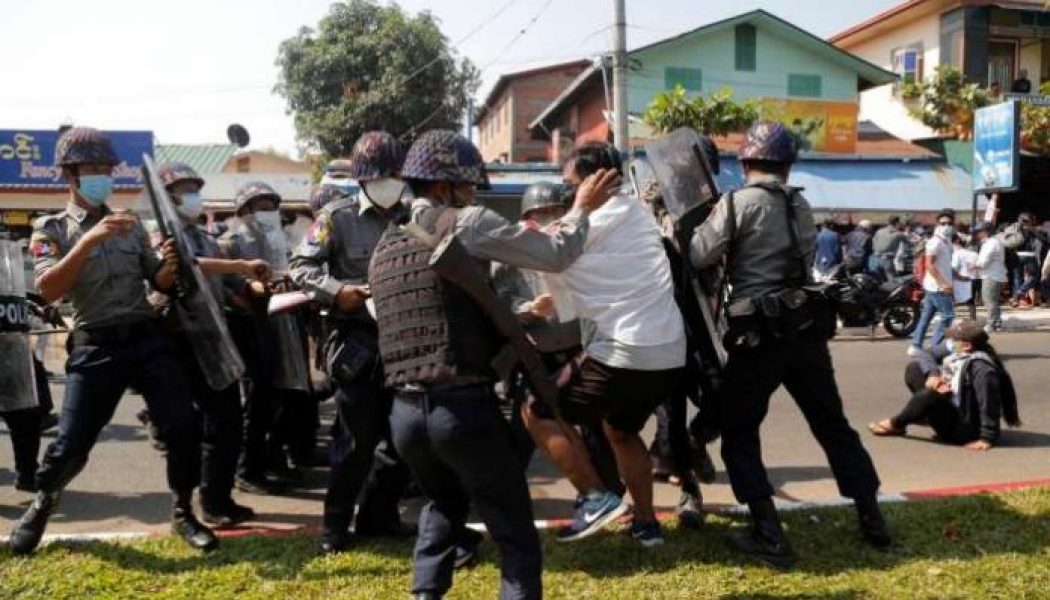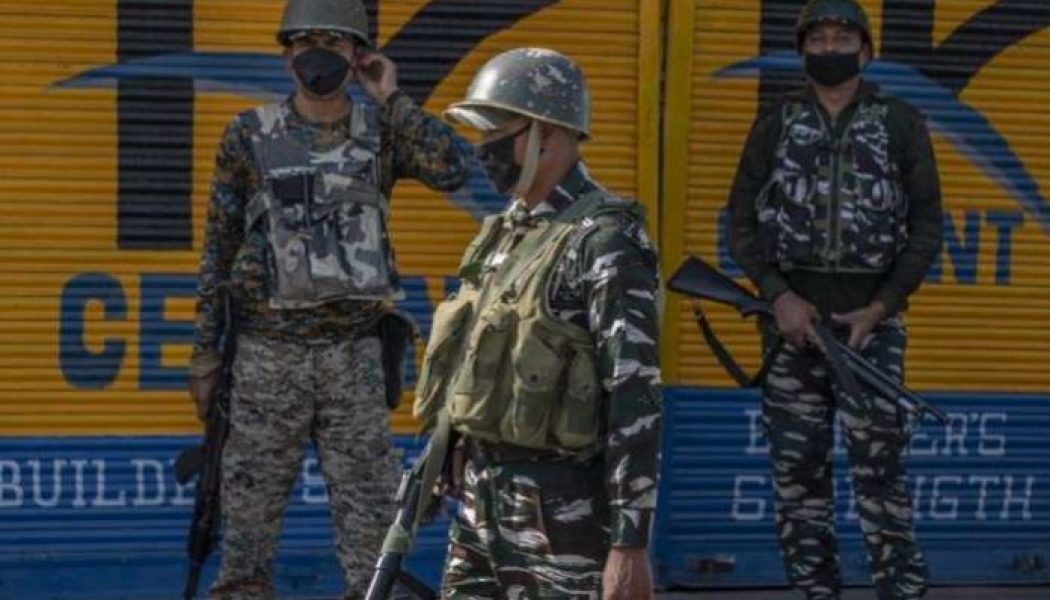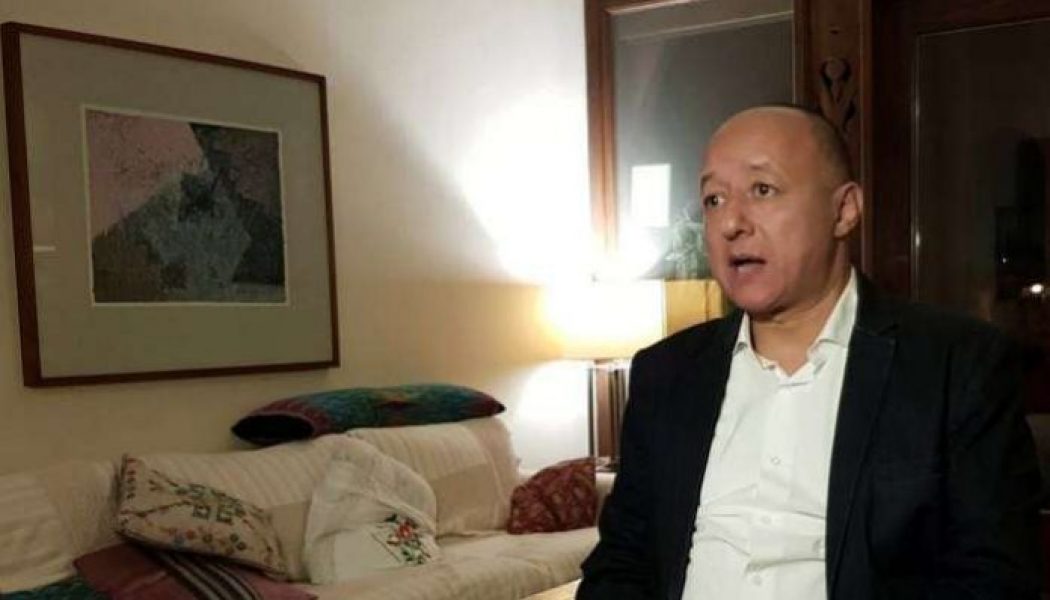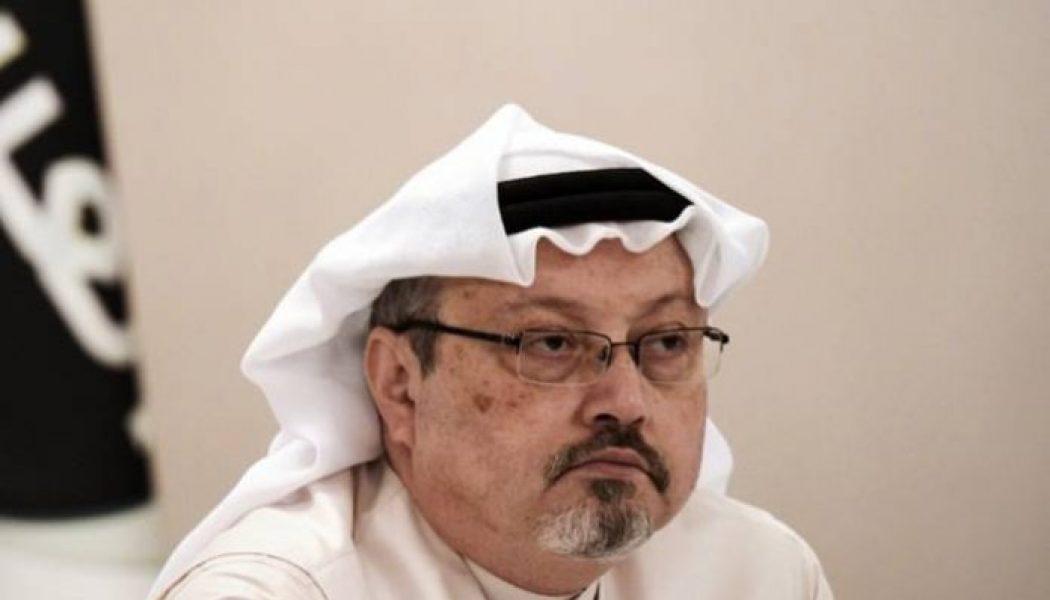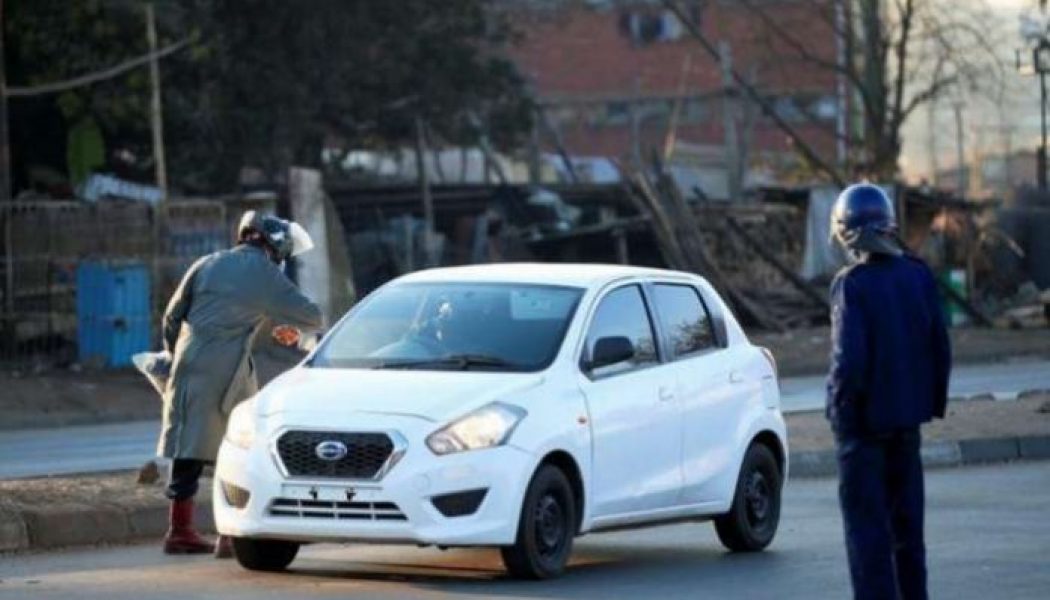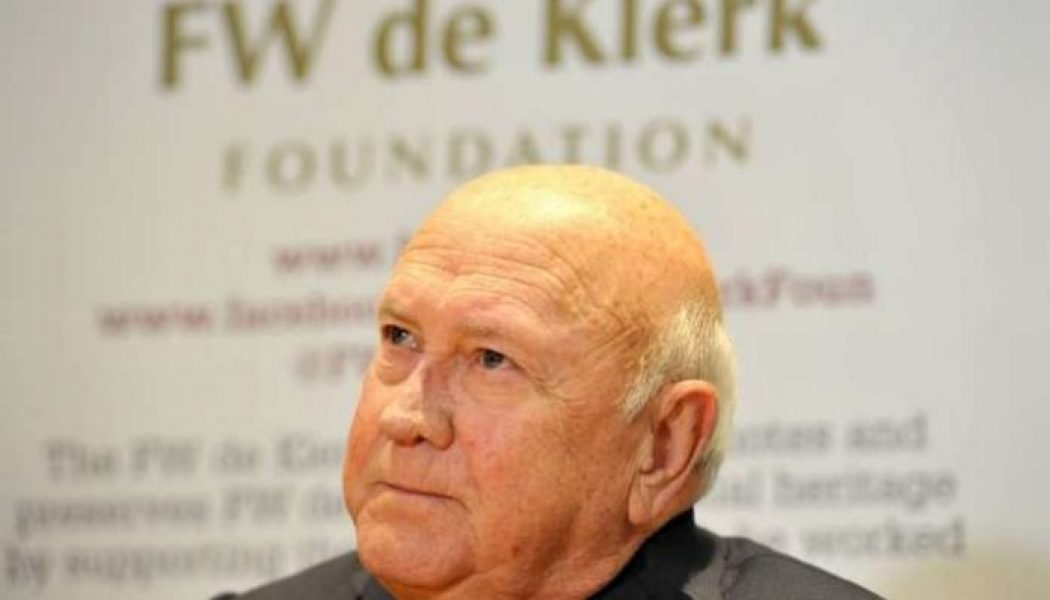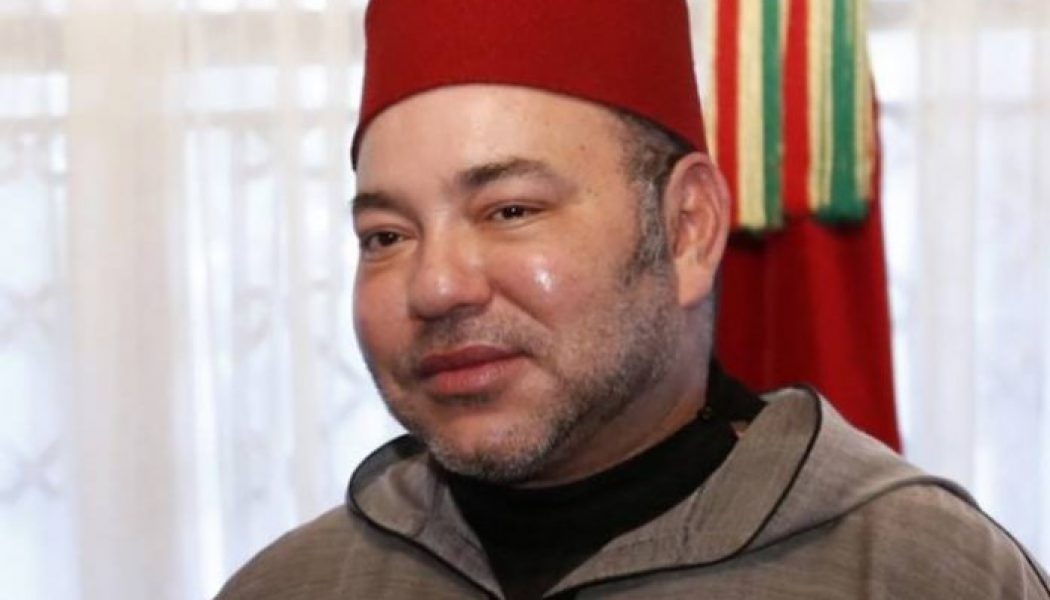Activists
Egyptian rights group head hopes release will help other prisoners
The head of a leading Egyptian human rights group who was held for two weeks on terrorism charges said Saturday he hoped the campaign to secure his release would help others still jailed on similar Allegations. Activists saw the detention last month of Gasser Abdel Razek, executive director of the Egyptian Initiative for Personal Rights (EIPR), and two of the group’s other staff, as the latest escalation of a broad crackdown on political dissent under President Abdel Fattah el-Sissi. Egypt’s foreign ministry had said EIPR was operating illegally, an accusation the group denies. There has been no official statement from public prosecutors since Abdel Razek’s release, and officials could not be reached for comment. The arrests, which came after EIPR hosted a briefing on human rights for 13 s...
West urges Saudi Arabia to release women activists, prosecute Jamal Khashoggi’s killers
Agence France-Presse Dozens of Western countries on Tuesday voiced concern at Saudi Arabia’s continued detention of women activists and called for those behind the killing of journalist Jamal Khashoggi to be brought to justice. No less than a dozen prominent women’s rights activists were arrested in Saudi Arabia in 2018 as it lifted a ban on women driving cars, a step that many of the detainees had long campaigned for. The women were rounded up as part of a broader crackdown on dissent. Germany, speaking on behalf of the European Union at the United Nations Human Rights Council, brought up Saudi Arabia’s “prolonged detentions of women rights defenders,” including Loujain al-Hathloul. Several of the arrested women say they have suffered torture and sexual assault in detention, accusations w...
Activists press Morroco on fate of 39 political prisoners
Associated Press The fate of 39 Saharawi Political Prisoners in Moroccan jail have become the focus of a new regional campaign from African activists who are asking King Mohammed VI of Morocco to release the men for fear of their exposure to the coronavirus disease. The Movement for the Liberation of Western Sahara, (NMLWS) issued a statement on Wednesday in Abuja through its Nigerian coordinator, Oladipo Fasina, a philosophy professor and noted advocate for academic freedom. According to the statement, the Saharawi prisoners, held for seeking independence for Africa’s last colony, “are in grave danger of contracting the coronavirus as a result of their underlying health conditions resulting from extreme torture and hunger strike they have undergone as prisoners.” Mr Fasina said, “this arb...
- 1
- 2
